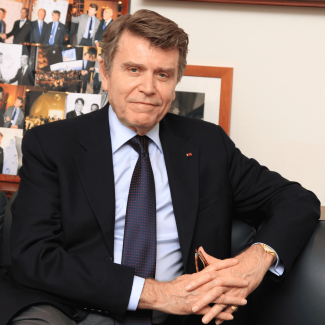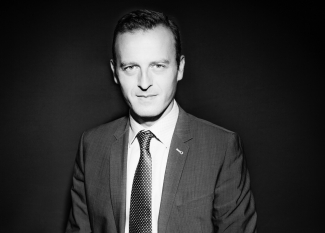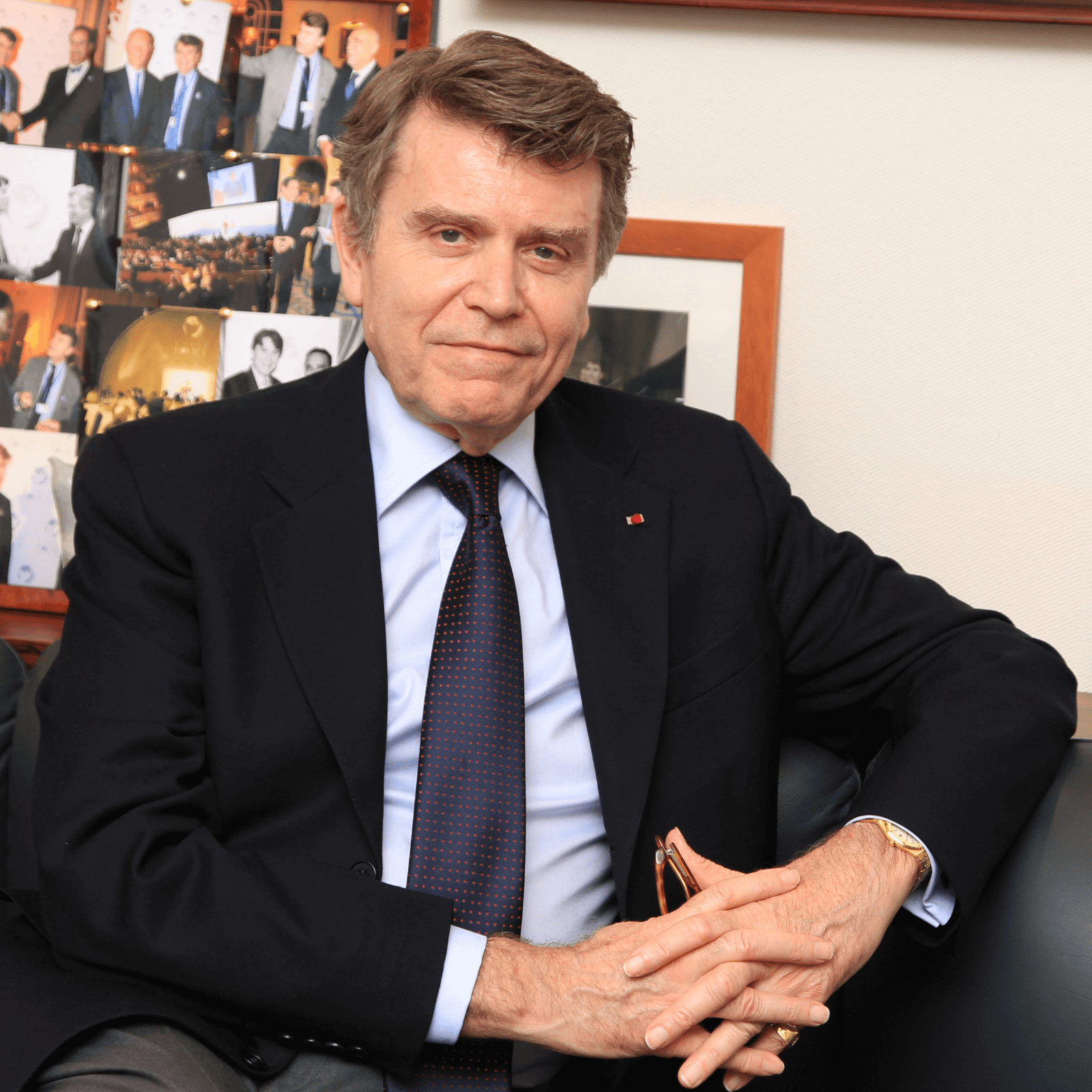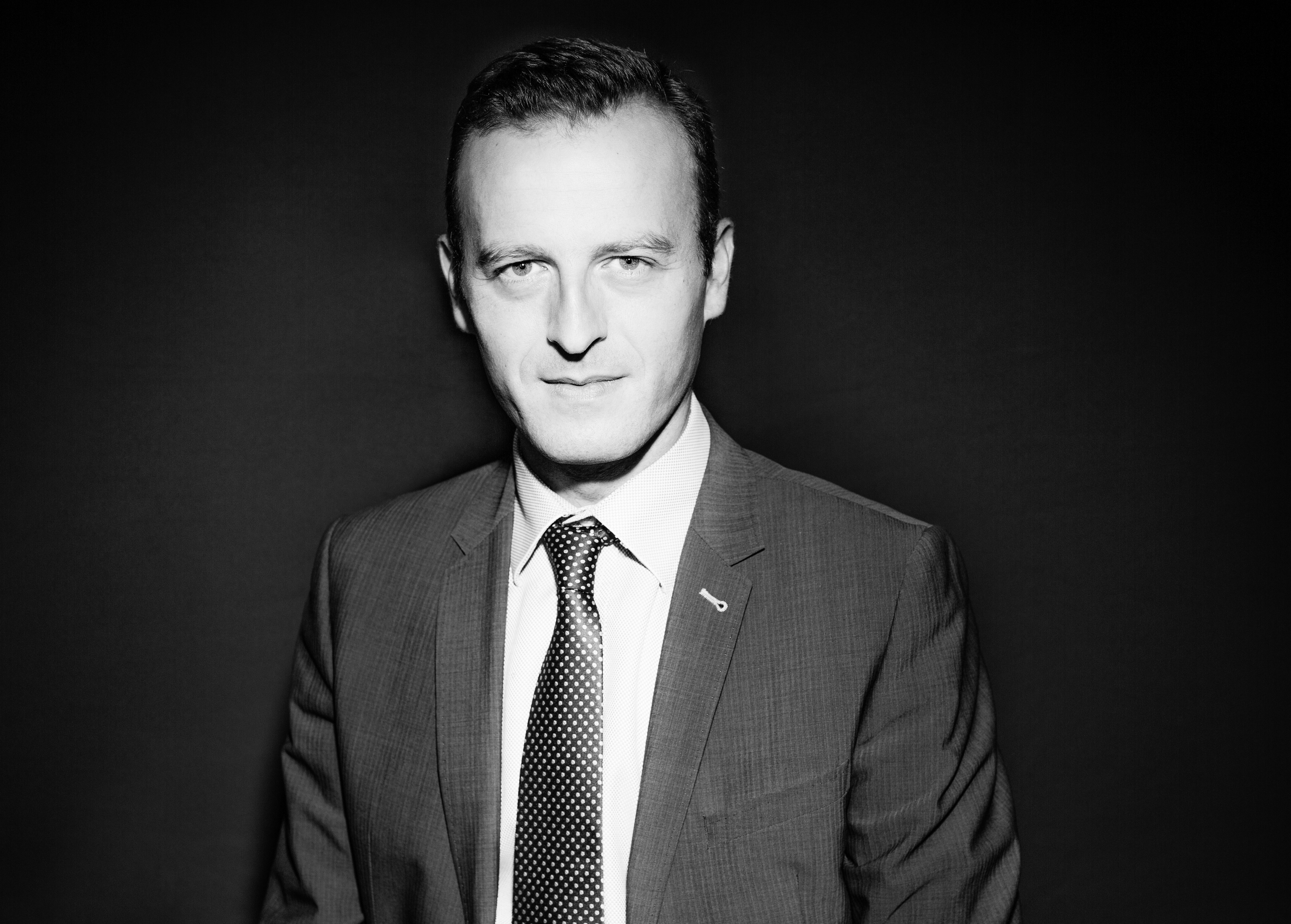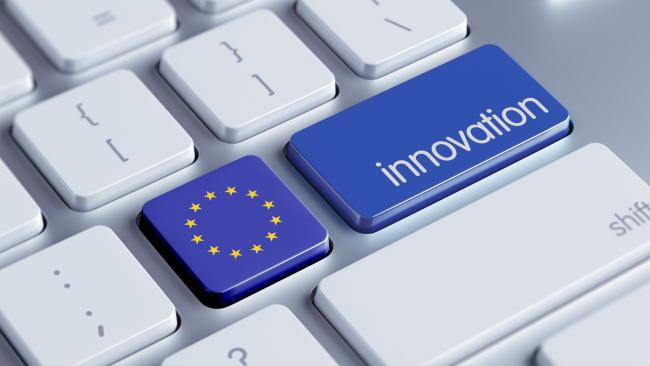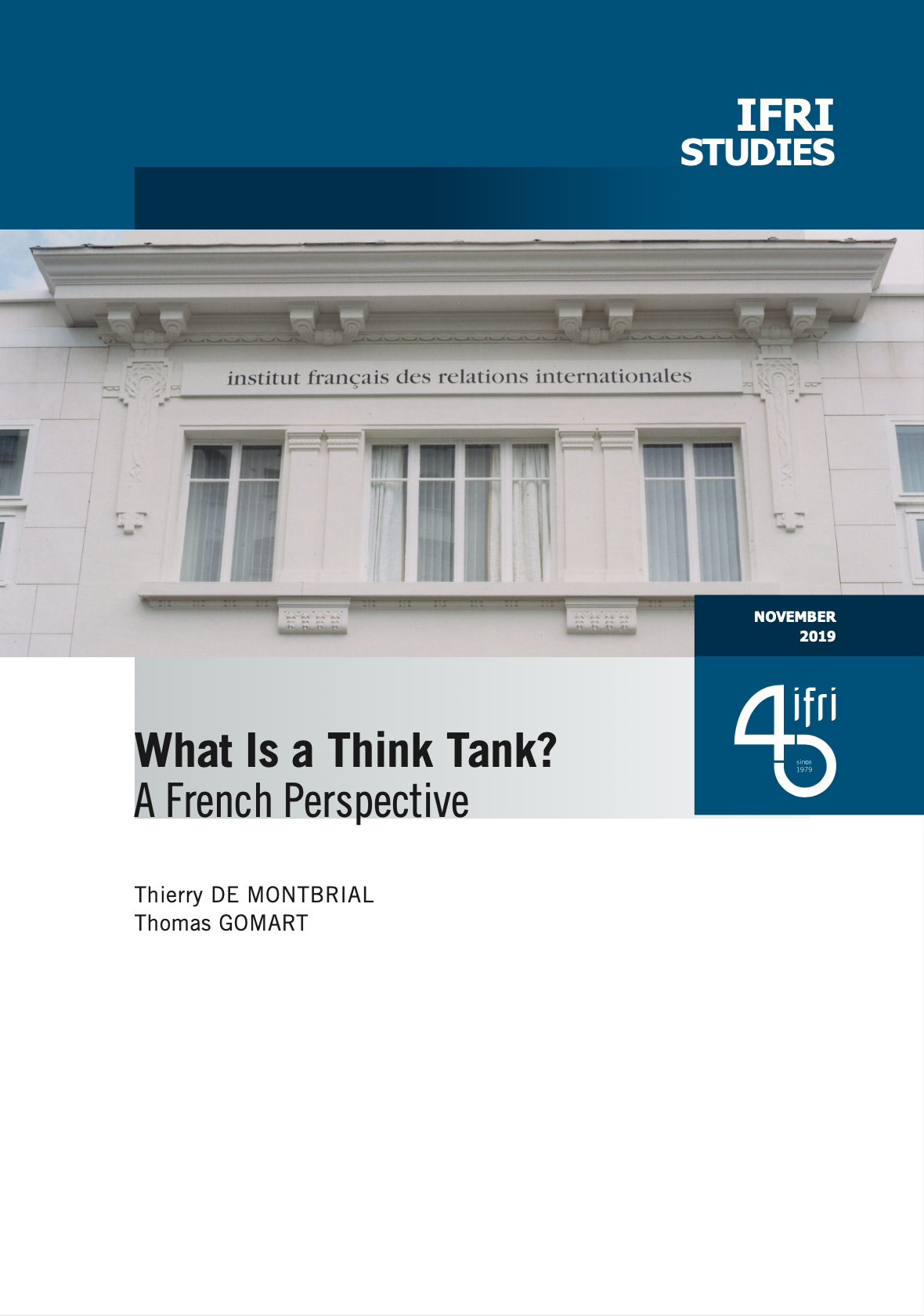
When I was laying the foundations for the French Institute of International Relations (Ifri)1 in 1978 and 1979, only a select few in France were familiar with the English term “think tank” and had at least an approximate idea of what it covered.
This term has become fashionable but still has no consensual definition.
In line with the underlying roots of the phenomenon, I regard a think tank as any open organization built around a permanent cadre of researchers or experts, whose mission it is to develop, on an objective basis, syntheses and ideas relevant to policy-making or the formulation of private or public strategies, subscribing to a perspective of public interest. Clearly, this is a radical and, therefore, idealistic definition, but one that allows us to examine real institutions that are considered, or consider themselves, as think tanks.
The criterion of openness to the public is an essential distinction between contemporary think tanks and advisors to heads of non- democratic states, either of times gone by (such as the secret cabinet of Louis XV), or of today. Openness implies debate with the outside world. Naturally, openness can be achieved to a greater or lesser extent.
Download the full analysis
This page contains only a summary of our work. If you would like to have access to all the information from our research on the subject, you can download the full version in PDF format.
What Is a Think Tank?
Find out more
Discover all our analyses
Korea-EU Direct Investment Links: The Neglected Facet of a Tight Partnership
Despite their difference in size, Korea and the EU have developed over time a strong and deep relation through direct investment flows. Germany dominates the relationship, but there remains ample room for the other EU member-states to further develop their relations with Korea.
The EU and Innovation: When Business Meets Politics
Innovation, entrepreneurship, growth and competitiveness go hand in hand. This short paper looks at two areas where the EU plays a role to help drive innovation: regulation and financing.
A Transatlantic Free Trade Agreement? Weimar Triangle Analyses: French, Polish and German viewpoints on European questions
On an initiative of the German Council of Foreign Relations (DGAP), the Study Committee for Franco-German Relations (Cerfa) of the French Institute of International Relations (IFRI) and the Polish Institute of International Affairs (PISM) are regularly publishing short contributions on a common subject, written by three experts of these institutes. The purpose of these “Weimar Triangle Analyses” is to give the French, Polish, and German views on central questions of European politics and European integration.
Decoupling the Oil and Gas Prices: Natural Gas Pricing in the Post-Financial Crisis Market
This paper looks into natural gas pricing in the post-financial crisis market and, in particular, examines the question whether the oil-linked gas pricing system has outlived its utility as global gas markets mature and converge more rapidly than expected and as large new resources of unconventional gas shift the gas terms-of-trade.






